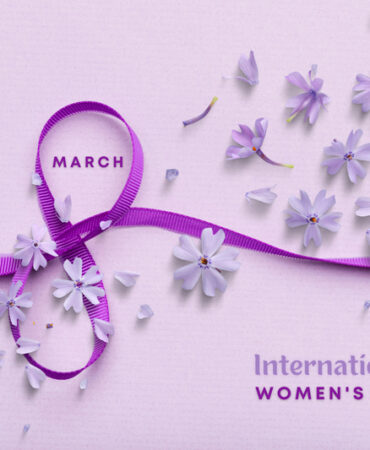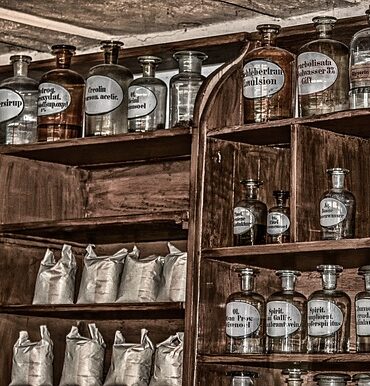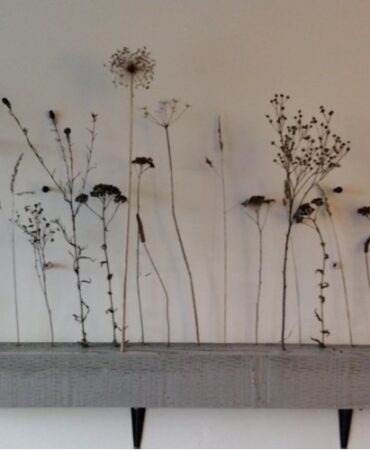Currently Empty: £0.00

Herbalism and Me
The beginning of a new year is traditionally kept for reflection and review of targets, aims, wants and wishes. In 2021 when many of us just want to look forward, Melissa looks back, bringing us an account of how a childhood exposed to alternative perspectives and practices, including herbalism, has shaped her outlook and approach to life. Uplifting and light, Melissa’s story reminds us of the value of an open mind. A belated Happy New Year & happy reading!
Written by Melissa Daniel
I grew up in an alternative household. My mother used to work in the pharmaceutical industry as a drugs rep and holds a degree in biological sciences, however, she has now been a medical herbalist for almost 15 years. My father is a musician and all sorts of music comes from the attic were he plays (he has 43 albums so far). Being at home during my early development years, he would encourage my creativity; we would make silly films, build dens and dance around for hours to the music of Led Zeppelin, Jimi Hendrix and Gong. He encouraged asking taboo questions and being as off the cuff as possible. Only recently have I appreciated how far-out my lifestyle was, and how my attitudes and opinions have developed because of it.
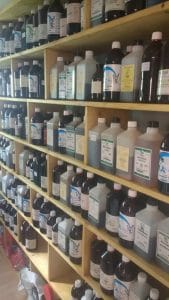
As a child, when at my friend’s houses, I would refuse fizzy drinks and parents were often confused – what child doesn’t like sugary drinks? Eating patterns were varied though and it’s not like I didn’t have sugar, I just genuinely loved vegetables. I still often will have a bowl of broccoli or kale with lemon juice for a meal. It makes me feel more nourished and satisfied (vitamin C allows higher iron absorption in the body and makes nutrients more bioavailable). Pre-the-juicing-craze-of-a-few-years-ago, every morning I’d have a juice containing 2 apples, loads of celery, ¼ of a cucumber, a lemon/ lime, 2 cloves of garlic and a thumb of ginger and sometimes some fresh spinach or fennel. My reason being food is medicine.
Eating a healthy diet keeps us healthy. An obvious example is eating lots of fatty foods which increase your cholesterol and therefore increases your blood pressure. Hippocrates, known as an outstanding figure in the field of medicine, said “let thy food be thy medicine and thy medicine be thy food”. Hippocrates considered nutrition was a main tool for doctors[1]. More holistic medicines take the ‘whole body’ and its parts into account when treating a patient. For example, traditional Chinese and Ayurvedic medicine practices encourage exercise, managing stress, healthy eating and plant medicines[2]. This way the patients are kept healthier overall. Both types of medicine are also rooted in the belief that there is a strong mind-body connection which affects a person’s health.
I was taught to put a greater emphasis on living a healthy lifestyle and strengthening my immune system to prevent illnesses rather than to supress the symptoms (e.g. pain via paracetamol). The question would be ‘what is causing the pain?’ rather than taking a pill to make my brain pretend there was no pain and ignore the root cause of it. I would aim to strengthen my immune system and keep my body healthy as preventative medicine. When I was unwell, I would take Echinacea; Elderberry; Supertonic (aka fire cider), and other herbal pain relief.
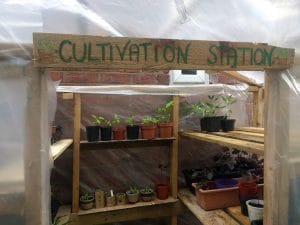
We would often go for trips to wooded areas and physic gardens including Weleda UK, where I learnt the names (including the Latin) of the many plants we would see. Our garden was filled with crazy plants, including a Gunnera manicata – which looks like a pre-historic megaflora with its huge leaves and spikey stems – and I distinctly remember making ‘potions’ in a paddling pool with various parts of plants and powders. I very much believed in magic and the power of all things from the earth and definitely fairies. My parents eventually built a two-story wooden cabin in the garden for herbs, and a 20 ft diameter glass geodesic dome for growing food.
When I was 16, I went to a 6-hour cacao meditation ceremony and later that same year my family had a completely raw, vegan Christmas dinner. My mother would take me to ‘mind, body and spirit’ fairs every few months where there would be a whole host of alternative…. well everything! This included: Music, Clothing, Activism, Spirituality and lifestyle Ideas.
I was also taught that our bodies have an intrinsic connection to the earth and was introduced to the Gaia hypothesis, proposed by James Lovelock, to the science behind permaculture, and to the writings of Hippocrates[3] and Hildegaard von Bingen[4]. Such constant exposure to alternative lifestyles and ideas made me often question the world and always want to learn more perspectives.
With any new idea, I do not take it at face value. I believe that you develop a more critical and contextually aware mind when your beliefs are questioned, and you are faced with different hypotheses. Hearing lots of perspectives allows you to choose the hypothesis that you believe is most true, and an open mind means that further new ones maybe heard, and your opinions can be fluid. It’s important to remember that you are allowed to change your mind. At the same time, if having a belief allows you to live a more fulfilling and positive life, that’s great too!
In my perspective, alternative medicine is partially about self-reliance and health freedom, preferably less dependence on big pharmaceutical industries. Alternative remedies can often be cheaper and more fulfilling, for example prescribing walks in the woods for anxiety; connecting to the seasons and the cycles of life; allowing people to realise they are part of something much bigger than themselves. Aromatherapy comes hand-in-hand with picking your own herbs and gardening. The fresh smell of crunchy oxygen and petracore in the mornings, freshly photosynthesised oxygen from the plants you’re sitting next to and lovely stuff in soil, microbes that are antidepressant. Mycobacterium vaccae stimulates serotonin production and is found to reflect effects similar to that of Prozac[5]. Not to mention the mood lifting smells of the flowers!
The pill-ification of the mainstream healthcare system – the approach that one certain illness needs one certain pill/chemical – separates us from the origins of our medicine and our connection to the natural world. We have cultural histories of using natural medicines, and they vary across the world depending on what plants are available in an area. Regional, folk herbalism is also known as Ethnobotany. In Britain, Monasteries used to have specific areas of gardens for healing purposes, physic gardens. We have also had figures such as Nicholas Culpeper who is a good example of radical Herbalist. He translated texts to make self-help medicine guides more accessible to people who couldn’t speak Latin. He deliberately sold these copies cheaply, so health was more accessible to the poor. He ‘believed medicine was a public asset rather than a commercial secret, and the prices physicians charged were far too expensive compared to the cheap and universal availability of nature’s medicine’[6].
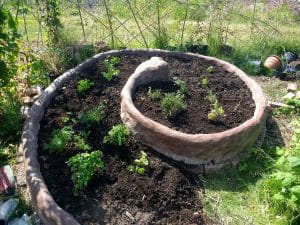
Herbalism is also about ecology and is in-keeping with permaculture principles of earth care and people care, they share the notion of living in sync with the earth cycles. Having herbs in a garden and opting for ecosystem farming rather than monocultures, allows more insects, pollination and bio-diversity as well as beautiful natural scenery – the more sustainable option for the planet overall.
This alternative lifestyle connected me with all sorts of characters, including many who had experience with different types of Psychedelic substances (LSD, Mushrooms, Iboga, DMT, Ayahuasca etc) and spiritual growth practitioners like breath workers, shamans, yogis and all types of alternative healing, with emphasis on the mind- body connection. In my adult life, I have surrounded myself with inspiring alternative people and I believe everyone I meet has something to teach me.
Melissa is a Herb Society Member and sustainable designer and maker. Working with natural and salvaged materials, Melissa runs workshops (currently on hold due to the pandemic) and more details can be found at her website, http://www.madsustainabledesign.co.uk or you can follow her on instagram, @mad.sustainable.design.
[1] https://www.drgoodfood.org/en/news/let-food-be-thy-medicine-hippocrates
[2] https://draxe.com/health/traditional-chinese-medicine/
[3] https://www.drgoodfood.org/en/news/let-food-be-thy-medicine-hippocrates
[4] https://www.healthyhildegard.com/hildegards-medieval-garden/
[5] https://www.gardeningknowhow.com/garden-how-to/soil-fertilizers/antidepressant-microbes-soil.htm
[6] https://en.wikipedia.org/wiki/Nicholas_Culpeper

